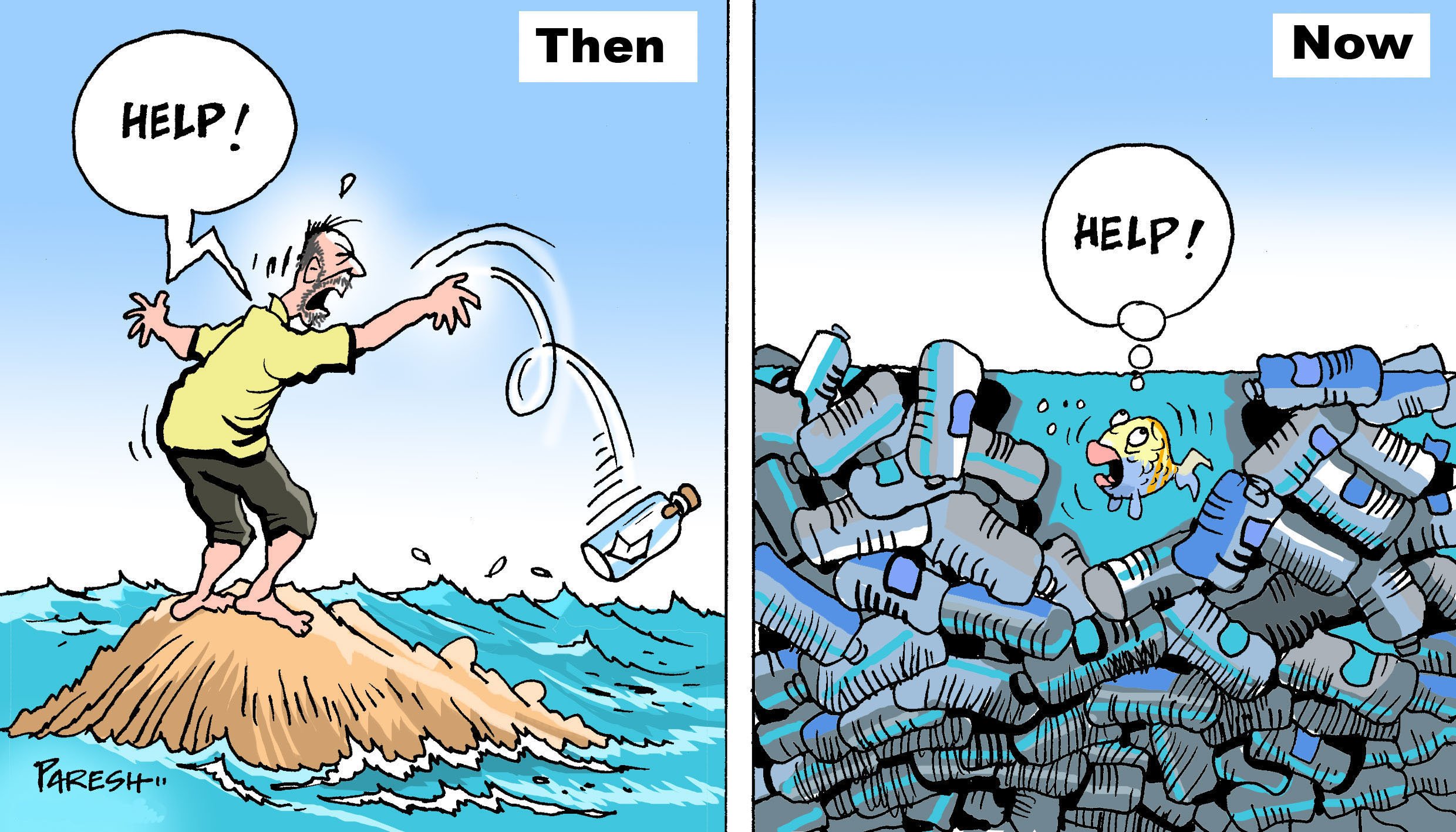It will surprise no one, we suspect, that Cyprus has missed yet another deadline for enforcing an EU directive.
From Saturday, July 3, Cyprus is supposed to be a single use plastics (SUPs) free zone. That deadline has been ignored and we will still see plastic straws, cups, plates and cutlery – all included in the directive’s ban – littering our beaches and streets.
For once, Cyprus is not alone in missing EU deadlines. Few member states have or will enforce the full provisions of the directive in the near future, let alone from Saturday, but most have taken on board elements of it and set national deadlines.
Yet Cyprus is one of the few member states which has not even started the process. For an EU directive to come into force in a member state it must first be transposed into national law. The bill covering the SUP directive has not yet even been submitted to the House environment committee for discussion.
Even if treated as urgent it would take weeks before it goes to the vote, and that’s only if there are no objections.
The House is due to break for the summer recess soon, and in any case, there will indeed be objections from powerful forces. Businesses are demanding delays, citing last year’s – and soon this year’s — almost non-existent tourism season and the movement restrictions that seriously limited sales. They are seeking at least a transitional period to allow them to use up their unused stock.
Though initially Cyprus would receive warnings from the EU for delaying the transposition of the directive, it could eventually lead to fines.
The taxpayer has become used to EU fines, most infamously for our inexplicable inability to meet the 2020 target that 10 per cent of energy consumption should be from renewable energy sources. By 2019, sun-endowed Cyprus had achieved only 3.3 per cent, the lowest in Europe. The latest fine for that failure was a whopping €40 million.
Waste management and RES production – these two areas should be front and centre of government policy, yet year after year deadlines have been ignored and missed. Recycling facilities are patchy and in some areas non-existent. Like the single use plastics legislation, the ‘Pay as you throw’ bill still has not been passed by the House. Green spots, where the public can take their unwanted household items, are few and far between. This has meant fly-tipping remains rampant and goes largely unpunished.
Cyprus’ reluctance to implement genuine green policies should change with the carrot and stick element of the EU’s Resilience and Recovery programme. Cyprus will receive bits of the €1.2 billion it’s eligible for only after EU-listed reforms are passed. A central plank of the programme is the transition to the green economy.
July 3 will not see the end of the plastic cup, but hopefully its days are numbered.






Click here to change your cookie preferences